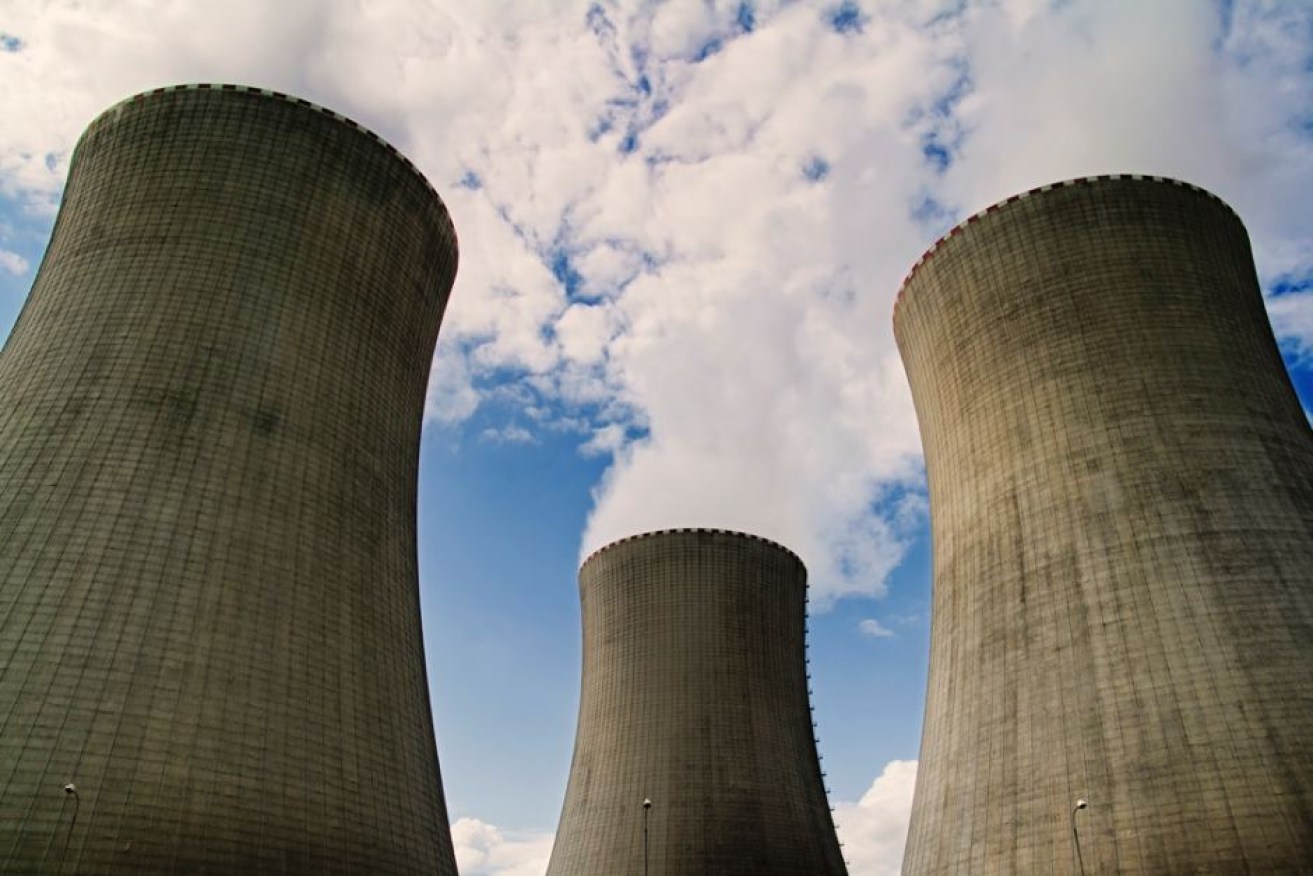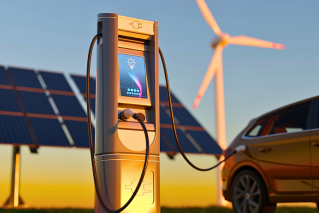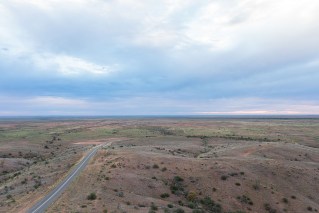Germany turns its back on nuclear energy once and for all


Very soon the cooling towers at Germany's nuclear plants will be gone from the landscape. Photo: Flickr/Rudolf Vlcek
Germany is breaking with atomic energy once and for all, announcing the country’s last three operating nuclear power stations will be shut down over the next 12 months.
The move draws the final curtain on its decades-long use of atomic power and stands as a testament to the national commitment to clean, green energy.
The decision to phase out nuclear power and shift from fossil fuels to renewable energy was first taken by the centre-left government of Gerhard Schroeder in 2002.
His successor, Angela Merkel, reversed her decision to extend the lifetime of Germany’s nuclear plants in the wake of the 2011 Fukushima disaster in Japan and set 2022 as the final deadline for shutting them down.
The three reactors now being shuttered were first powered up in the mid-1980s. Together they provided electricity to millions of German households for almost four decades.
One of the plants — Brokdorf, located about 40 kilometres northwest of Hamburg on the Elbe River — became a particular focus of anti-nuclear protests that were fuelled by the 1986 Chernobyl catastrophe in the Soviet Union.
The other two plants are Grohnde, about 40 kilometres south of Hannover, and Grundremmingen, 80 kilometres west of Munich.
Some in Germany have called for the decision to end the use of nuclear power to be reconsidered again because the power plants already in operation produce relatively little carbon dioxide.
Advocates of atomic energy argue that it can help Germany meet its greenhouse gas reduction targets.
But the German government said this week that decommissioning all nuclear plants next year and then phasing out the use of coal by 2030 won’t affect the country’s energy security or its goal of making Europe’s biggest economy “climate neutral” by 2045.
“By massively increasing renewable energy and accelerating the expansion of the electricity grid we can show that this is possible in Germany,” Economy and Climate Minister Robert Habeck said.
The remaining three nuclear plants — Emsland, Isar and Neckarwestheim — will be powered down by the end of 2022.
-AAP








